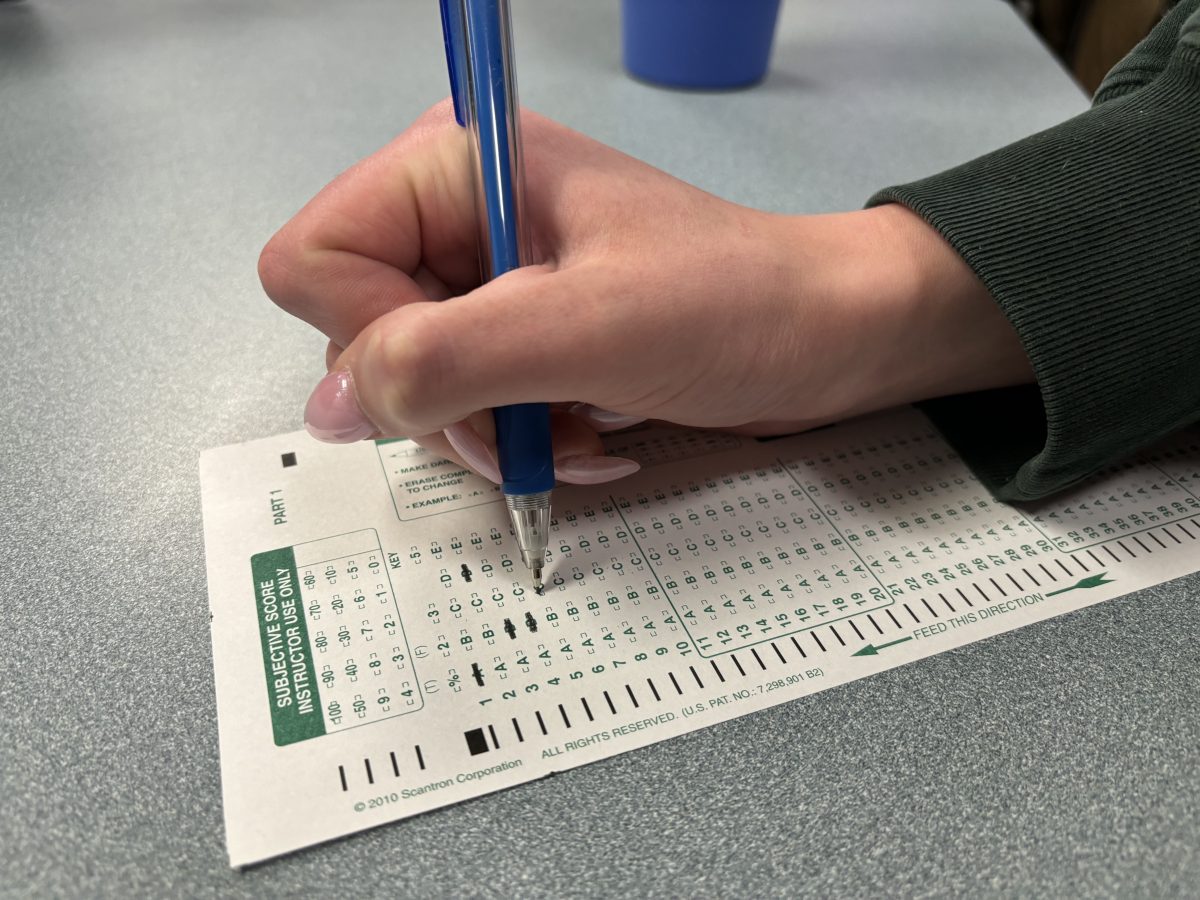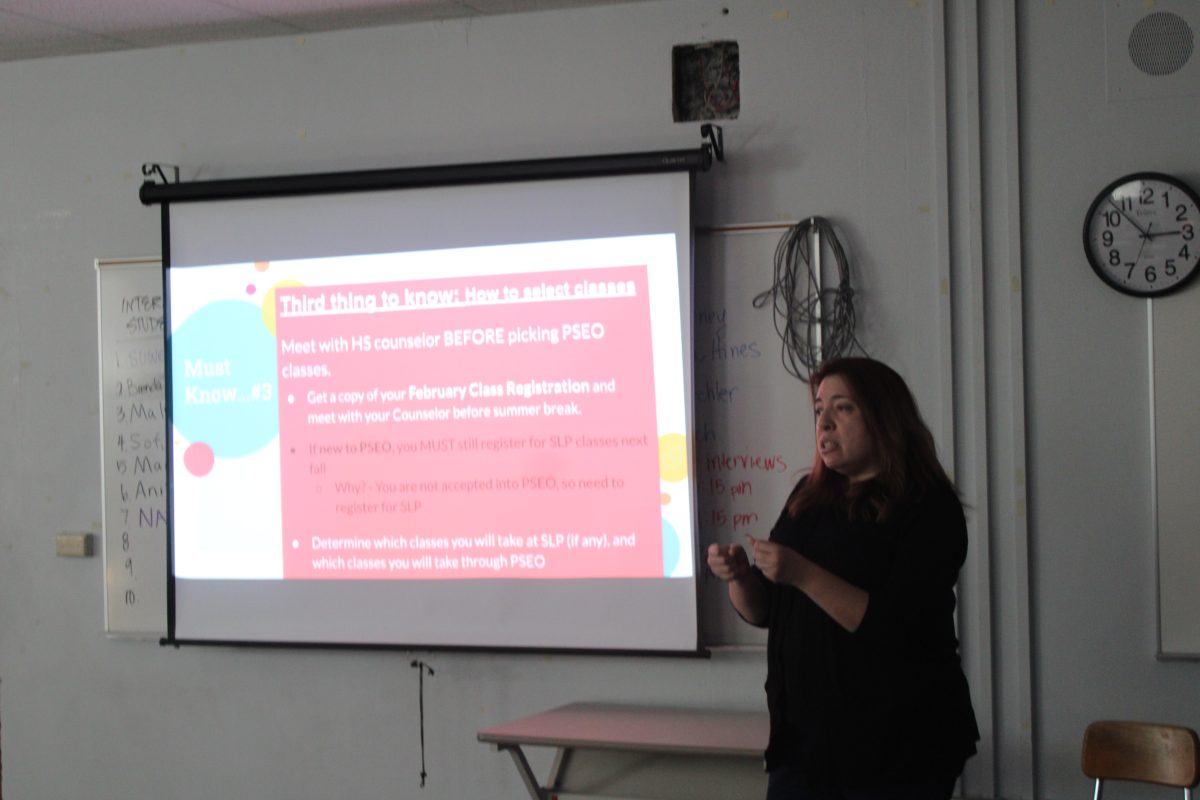Rising diagnosis rates and medication abuse among young people shift attention to condition
Attention Deficit/Hyperactivity Disorder was first described in 1902, according to the Centers for Disease Control and Prevention. However, researchers continue to highlight it in their work.
According to a 2010 study by the Centers for Disease Control and Prevention (CDC), parent-reported Attention Deficit/Hyperactivity (ADHD) diagnoses in children ages 4 to 17 rose from 7.8 percent in 2003 to 9.5 percent in 2007.
Similarly, a recent study published in the Journal of the American Medical Association Pediatrics in January 2013 found rates of ADHD diagnoses among children on Kaiser Permanente Southern California health plans in Southern California rose from 2.5 percent in 2001 to 3.1 percent in 2010.
Junior John Hengel, who has ADHD, said he thinks faster societal habits contribute to the increase in ADHD diagnoses.
“Recently, people have been realizing it’s there. It’s always been there, but with the lifestyle people live now it pops up more,” he said. “People do multiple things at one time and in the past people didn’t really multitask as much.”
Junior Tim Prohofsky has ADHD and said he thinks this increase is a result of changes in medical practice.
“They’re catching (ADHD) younger. There’s a certain point where it stops being normal adolescence and starts being ADHD,” he said.
Similarly, Fairview Clinic pediatrician Aner Vlodaver said these increases in ADHD diagnoses are because of increased awareness and
prevalence of the condition. However, he said the reason for the rise in its occurrence is uncertain.
“My opinion is that children are exposed to high-energy television. It’s very intense, but that’s what they’re raised on,” Vlodaver said. “Then they sit in class, and it’s a more human-to-human interaction, and it’s more quiet. But kids with ADHD have a hard time making that transition.”
Vlodaver said to help decrease such difficulties, the American Academy of Pediatrics says medication should be a large part of ADHD treatment, though therapy is also recommended. Though these medications can help patients with ADHD, he said their prevalence means they can also be abused by people who misuse their medications or give them to others.
“We see it in high school (students), adults and especially young adults in college,” he said. “(They are) using medication either trying to self- medicate or to help with education. Some will take higher doses than prescribed to get a high.”
According to Vlodaver, diagnosis usually involves a survey and physical and psychological testing. However, Hengel said he thinks current testing methods contribute to such abuse.
“It’s easy to get a hold of these medications,” he said. “There should be a test that’s more straightforward and less easy to fake.”
Vlodaver said rates of abuse are higher in colleges, but also occurs among high school students. The 2011 survey Monitoring the Future reported that of eighth, 10th and 12th grade students, 4.1 percent abused Adderall and 2.1 percent of them abused Ritalin in a year. Both these medications are used for treating ADHD.
However, abusing these medications can be dangerous. Vlodaver said abuse of the medications could cause many side effects, including irregularities in heart rhythm.
Sophomore Cora Iverson said she thinks reducing the emphasis on medication would help reduce medication abuse and provide patients with relief.
“They should do more research and find out more things about ADHD. People would be more into the cure and not the drugs,” Iverson said. “They (get help) now, but not as much as they should. They’re relying on medications more than the cure.”









